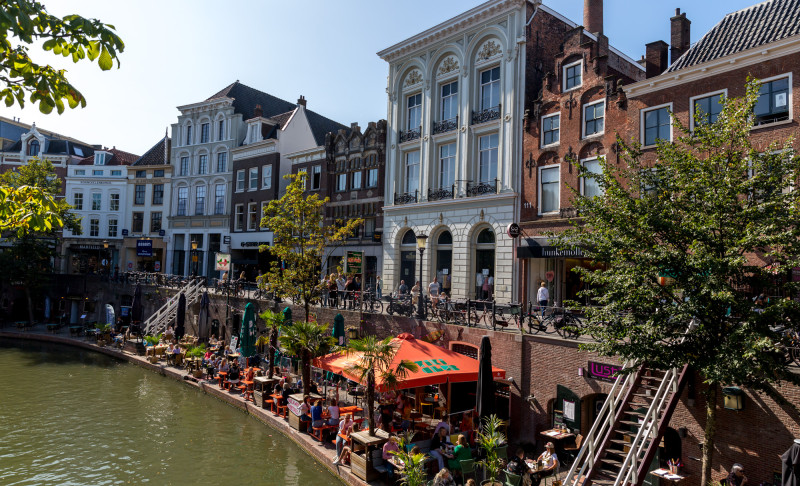Description
You will study the astonishing Italian accomplishments of the ancient to the early modern era. You will also visit a variety of beautiful ancient sites in the city such as the Pantheon, Colosseum and many more.
During these two weeks we will travel through Roman and Italian history, studying its fascinating political, religious and cultural developments in relation to Europe. Beautiful Rome was and is, in various ways, the ancestor of modern Europe: capital of the glorious Roman Empire, Rome rebuilt itself towards the end of the Middle Ages to rival the Florentine Renaissance. It even became the birthplace of the Baroque, with genius artists like Bernini and Borromini.
We will explore the city of Rome, enjoying its remarkable architecture, art and museums, such as the Pantheon, the forums of Caesar and Augustus, the Capitoline museum, the accomplishments of Michelangelo on Saint Peter’s Basilica and the many beautiful early churches like the Santa Prassede. During classes we will treat topics like the Roman Republic and Empire, ancient religion - including the birth of Christianity - and the confusing Middle Ages that were characterized by political and religious strive. After treating the Renaissance and Baroque period, we will even glimpse ahead shortly to Mussolini’s Rome. By the end of this truly interactive course you will have seen some of the most breath-taking highlights of European history and have unravelled the politics behind it!
Aim of the course
At the end of this course, students will be able to:
- Describe and evaluate different theories and conceptualisations of the historic development of Europe, with specific attention for Italy;
- Show an understanding of various historic monuments and their relation to historic developments;
- Demonstrate an understanding of political, socio-economic and cultural aspects of the European developments;
- Demonstrate this critical knowledge and understanding in written and verbal form.
Study load
Twelve to sixteen hours of lectures per week; approximately ten hours of field trips; self study.
Costs
-
Course fee:
€1225.00
-
-
Included:
Course + course materials
-
Housing fee:
€600
-
Housing provider:
A third party
Additional information
If you would like to use our student accommodation, a hostel option is available. If you apply for the course with student housing, you will stay at the Camplus Pietralata. More information regarding the accommodation is presented on this page.
Tags
